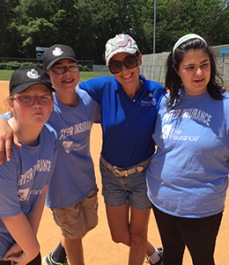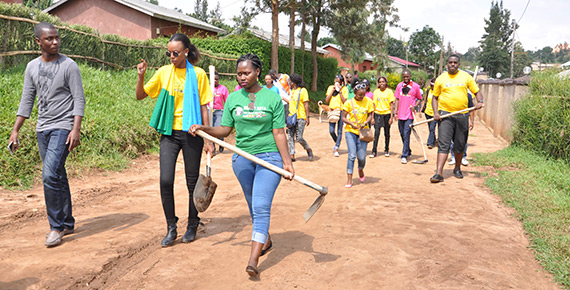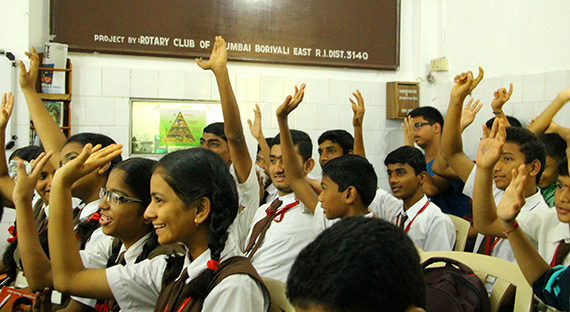
Ann Lee Hussey and children in Nigeria
By Ann Lee Hussey, a member of the Rotary Club of Portland Sunrise, Maine, USA
Polio can affect children anywhere. The poliovirus doesn’t discriminate based on geography, skin color, or religion. If we don’t eradicate polio now, the world could see cases rebound to 200,000 new cases every year, within 10 years.
I’ve participated in 27 immunization campaigns, leading 23, throughout Africa and Asia, not because I’m a polio survivor, but because I believe polio eradication will be one of our greatest gifts to future generations.
People sometimes talk about how much money we can save if we eradicate polio. It’s reported that we could save $40 billion to $50 billion over the next 20 years if we eradicate the disease soon, and the economic impact on families and communities that are affected by polio is staggering.
Uma’s story
During my first trip to Nigeria in 2008, I immunized children in very rural areas. We walked through millet fields, down dirt roads, and across fields with grazing cows to reach clusters of homes. During a visit to one village, I met Uma, who was 11 at the time. Uma had never been to school. As a polio victim, she …read more
Source:: Rotary International Blog




